Fostering closer collaboration between academia and industry across health and life sciences
The University of Liverpool’s new Therapeutics Innovation Frontier will streamline collaboration and better support the next generation of scientists
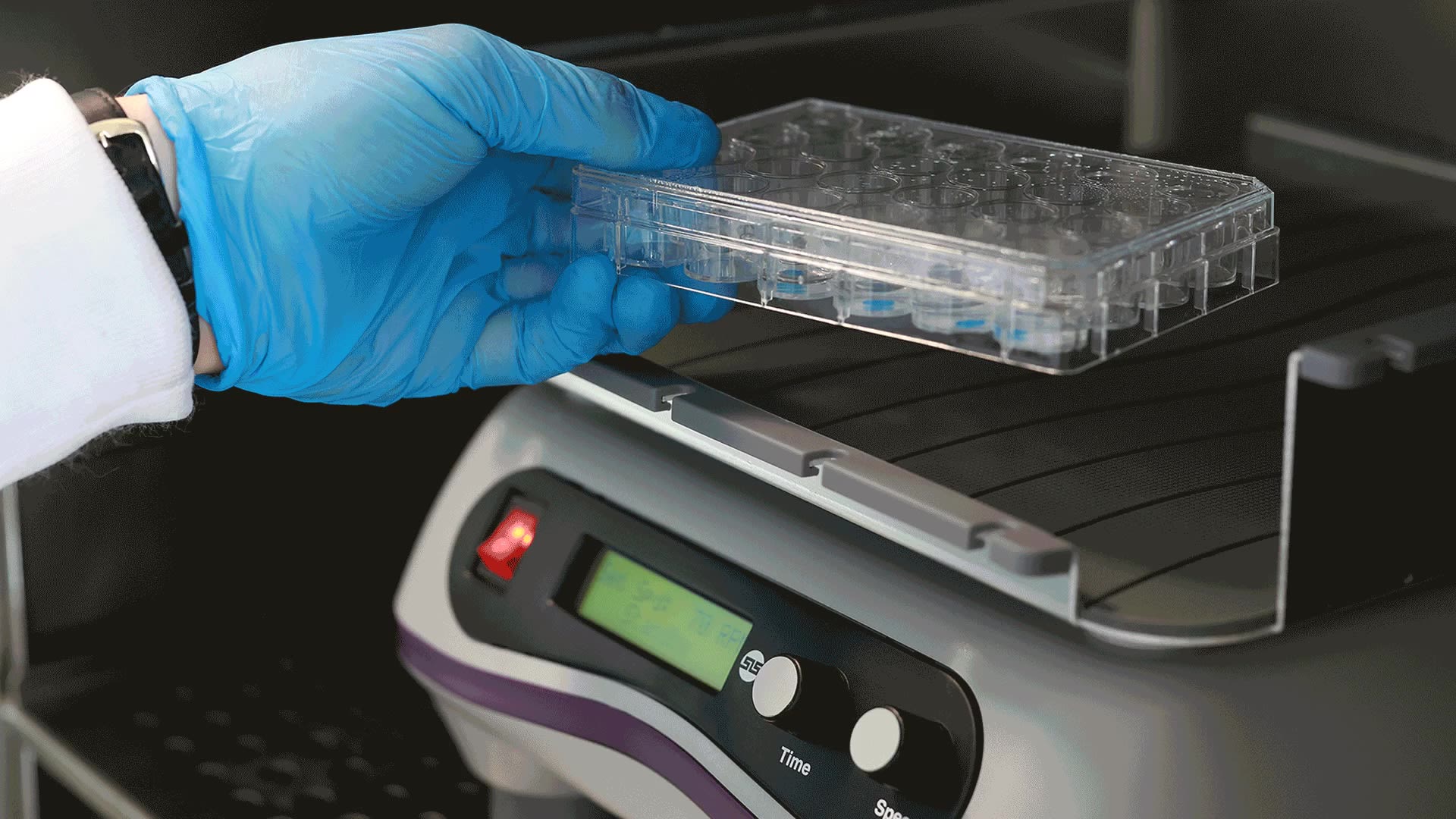
Combining the University of Liverpool’s world-renowned expertise in early to late-stage drug discovery, the Therapeutics Innovation Frontier is a platform designed to deliver new therapies and improve existing ones for the benefit of patients locally, nationally and globally. In a recent episode of the THE Connect podcast, academics from the University of Liverpool discussed the scope of the platform’s research, how it facilitates collaboration and innovation and the ways in which it will help develop the next generation of scientists.
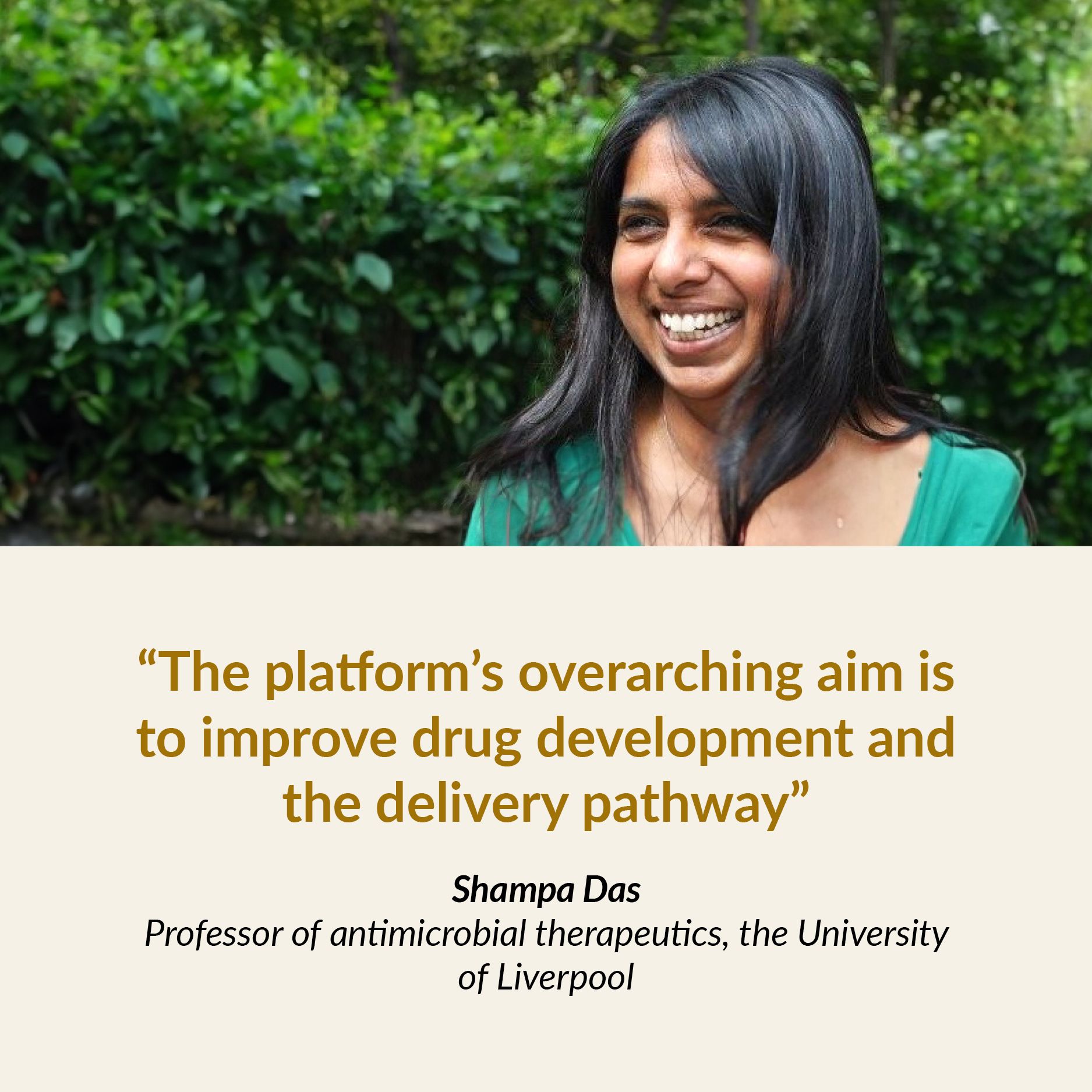
“The platform’s overarching aim is to improve drug development and the delivery pathway,” said Shampa Das, professor of antimicrobial therapeutics at the University of Liverpool. “At the university, we have the expertise and facilities that span the entire normal drug delivery pathway but we think we can support this process further through open innovation platforms and use them to collaborate better and partner more with industry.”
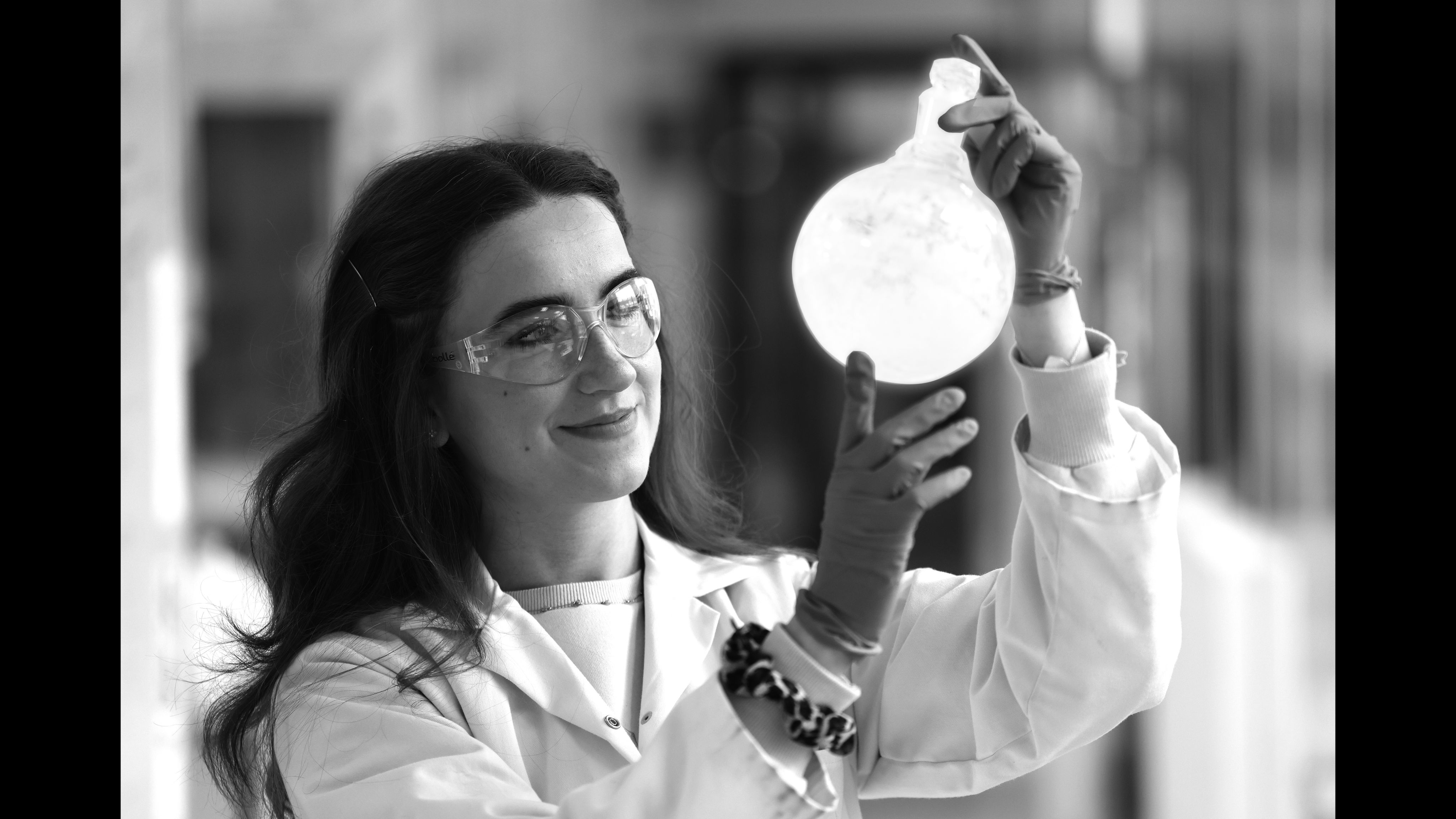

To achieve this goal, the university is exploring modular components for a wide range of therapeutic research and innovation activities. The frontier aims to bring all of these activities, which the university already undertakes in this field, under one umbrella.

“We want to increase collaboration within the university and with industry, as well as with other scientists,” said Reecha Sofat, Breckenridge chair of clinical pharmacology at the university. The Therapeutics Innovation Frontier will shine a light on the work that investigators at the university are undertaking, paving the way for industry collaboration. Through open innovation models, the frontier will develop new mechanisms by which industry can collaborate with investigators at the university.


Some of the barriers to collaboration include the complexity of writing a research agreement between academia and industry. Differing goals and the question of intellectual property (IP) can hamper proposals but even so, successful partnerships can be mutually beneficial.
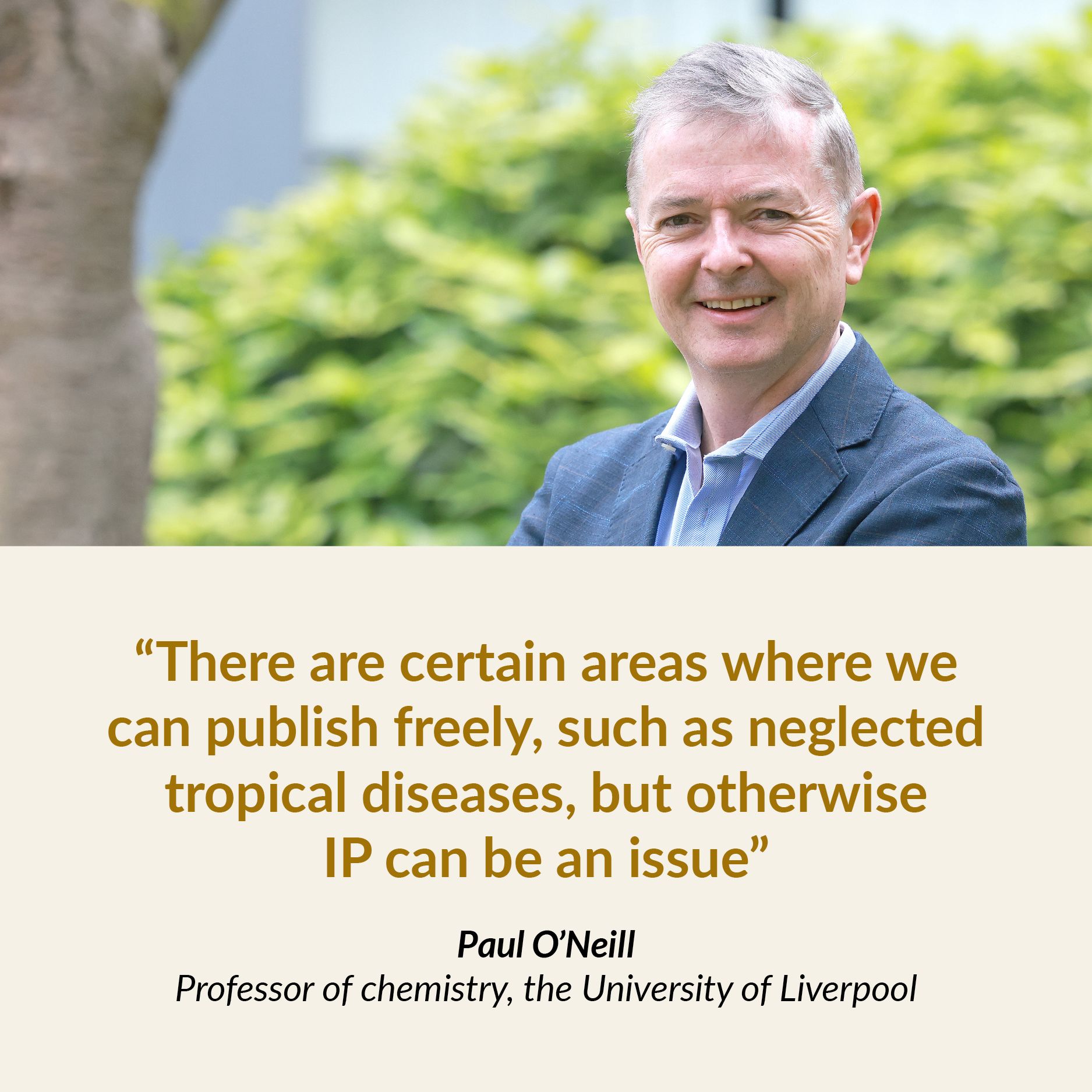
“There are certain areas where we can publish freely, such as neglected tropical diseases, but otherwise IP can be an issue,” said Paul O’Neill, professor of chemistry at the University of Liverpool. “However, we usually undergo extensive discussions with the pharmaceuticals partner, right up to the point where project agreements are being signed, to ensure we have a clear pathway for publication and protection of key IP.”

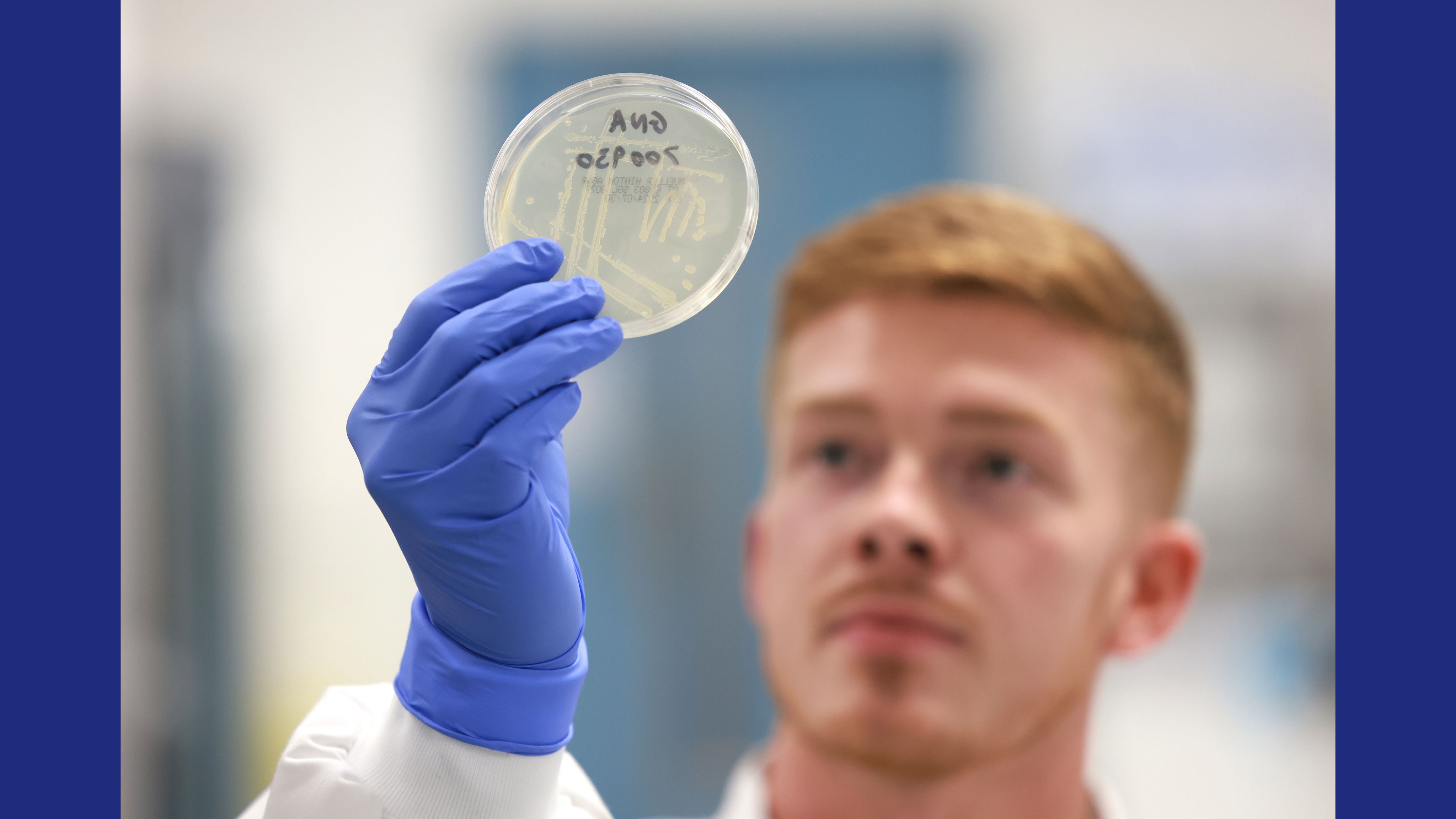
One of the primary aims of the Therapeutics Innovation Frontier is to make discussions with external partners easier so commercial organisations can achieve the best value. “It’s about exploring all the possibilities for collaborating in a slightly more agile way that is not constraining to either party,” Sofat said.
Platform technologies, such as the Therapeutics Innovation Frontier, are evidence of the wider digital transformation that has taken place across the academic field over the last few years. It has not only led to an evolution in terms of the tools being employed but also impacted wider policy.
“Across the pharmacology drug development pathway, we have some good examples where the frontier has informed NHS policy and drug safety,” Das said. “We can plug into areas where policy gaps might exist and begin to address those.”
To further the frontier’s impact, the university has plans for a new Liverpool Academic Health Sciences Campus, which will expand on approximately 50,000 square meters of space. “The aim here is to create purpose-built laboratories and office spaces for the health and life sciences sectors,” Sofat said. “The hope is that it will not only serve the university and the NHS but also act as a place where we can partner more with industry – where they’ll be working directly alongside us.”
More from the University of Liverpool
-

The University of Liverpool looks to CERN’s bright future
The University of Liverpool has been involved in the cutting-edge research and innovation taking place at the European Organization for Nuclear Research since it was established 70 years ago -
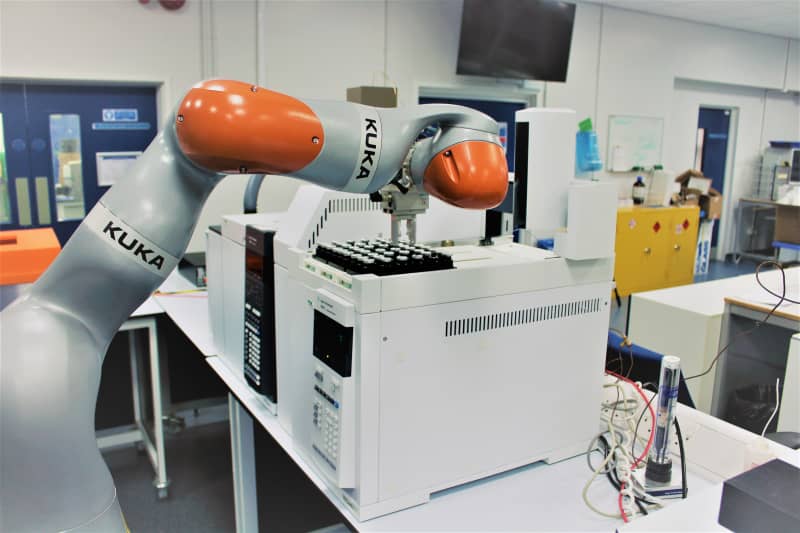
Multidisciplinary collaboration drives materials innovation at the University of Liverpool
The University of Liverpool’s Materials Discovery Frontier, AI Hub and Materials Innovation Factory bring together experts from academia and industry to solve problems -
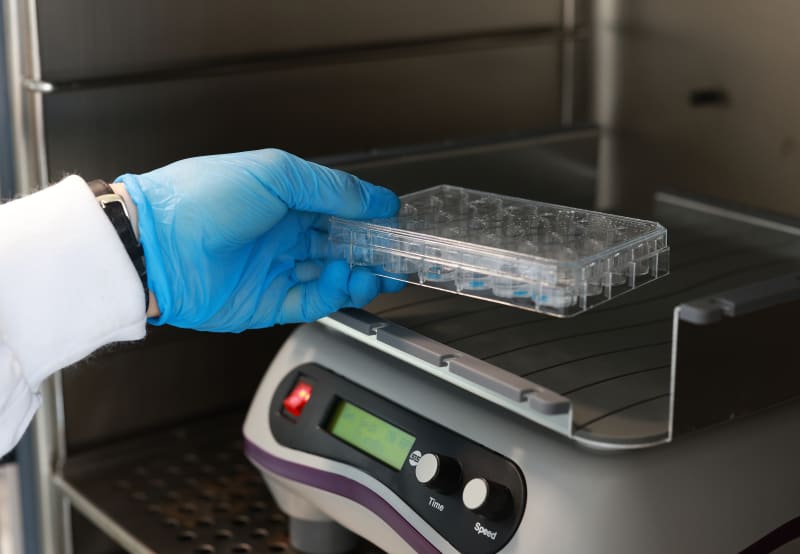
Fostering closer collaboration between academia and industry across health and life sciences
The University of Liverpool’s new Therapeutics Innovation Frontier will streamline collaboration and better support the next generation of scientists -

University of Liverpool researchers at the frontiers of particle physics
The University of Liverpool’s research expertise and technology development infrastructure drives science collaboration for major particle physics experiments worldwide -

A framework to drive positive global impact
The University of Liverpool’s new institutional strategy lays the groundwork to change the world for the better -

Ancient wood discovery rewrites our understanding of early humans and could uplift local communities
Researchers at the University of Liverpool have led an international interdisciplinary team whose discovery has attracted global interest in academia and beyond -
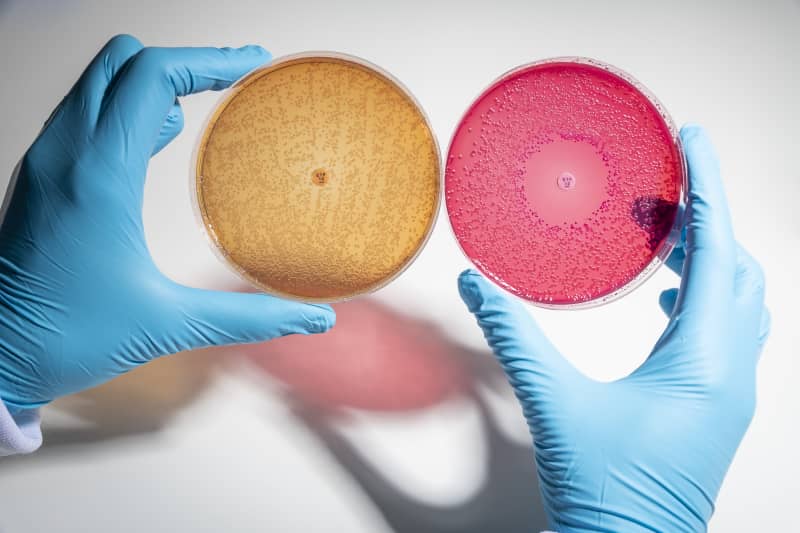
A cross-disciplinary approach to combatting antimicrobial resistance
As worrying levels of resistance to antibiotic drugs develop across the world, a cross-disciplinary team at the University of Liverpool is leading cutting-edge multidisciplinary research to tackle this global challenge -

Placing human rights at the heart of UN’s Sustainable Development Goals
At the University of Liverpool, the School of Law and Social Justice is leveraging the shared vision of the UN’s Sustainable Development Goals to promote real-world change -
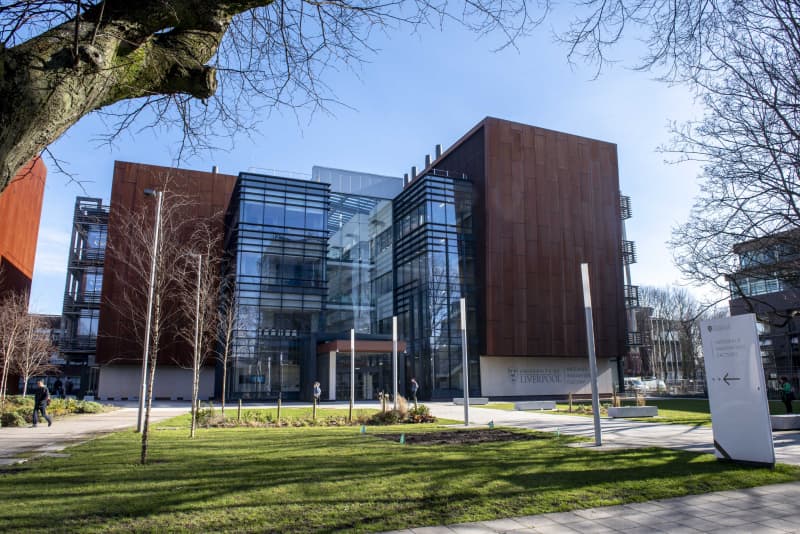
Industry partnerships are key to research that tackles climate breakdown
As governments and businesses strive to reduce carbon emissions and fight climate catastrophe, ground-breaking research is needed now and in the long term






